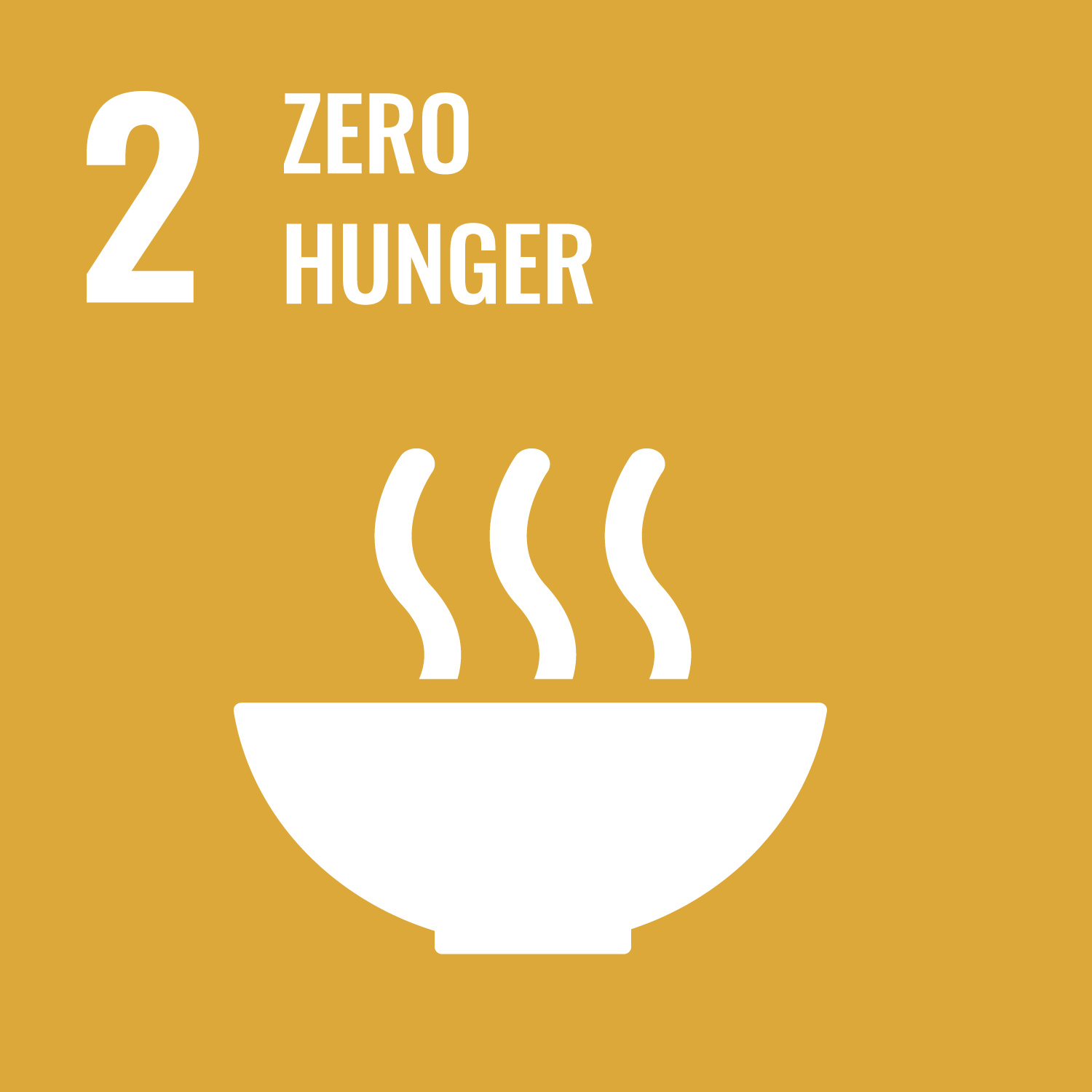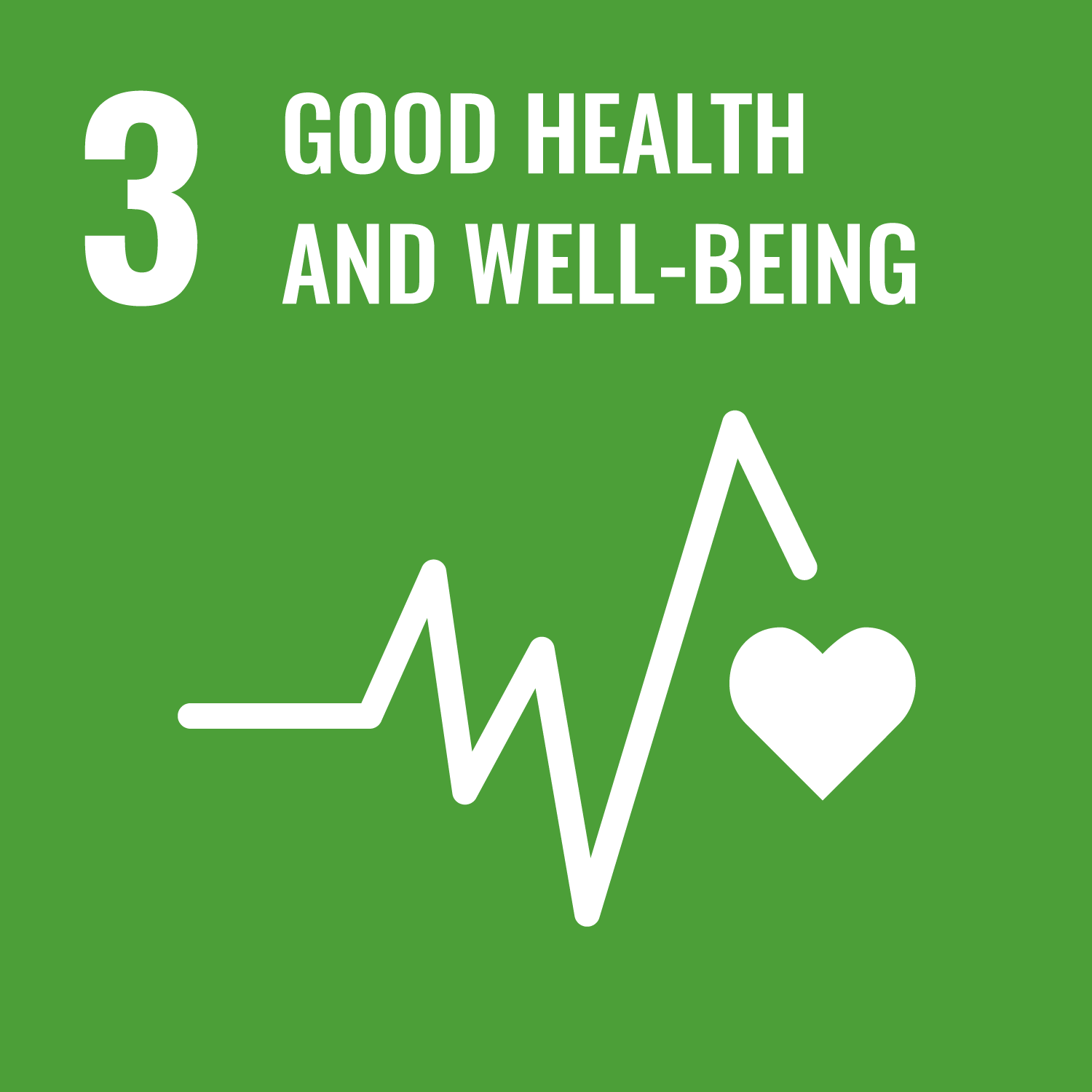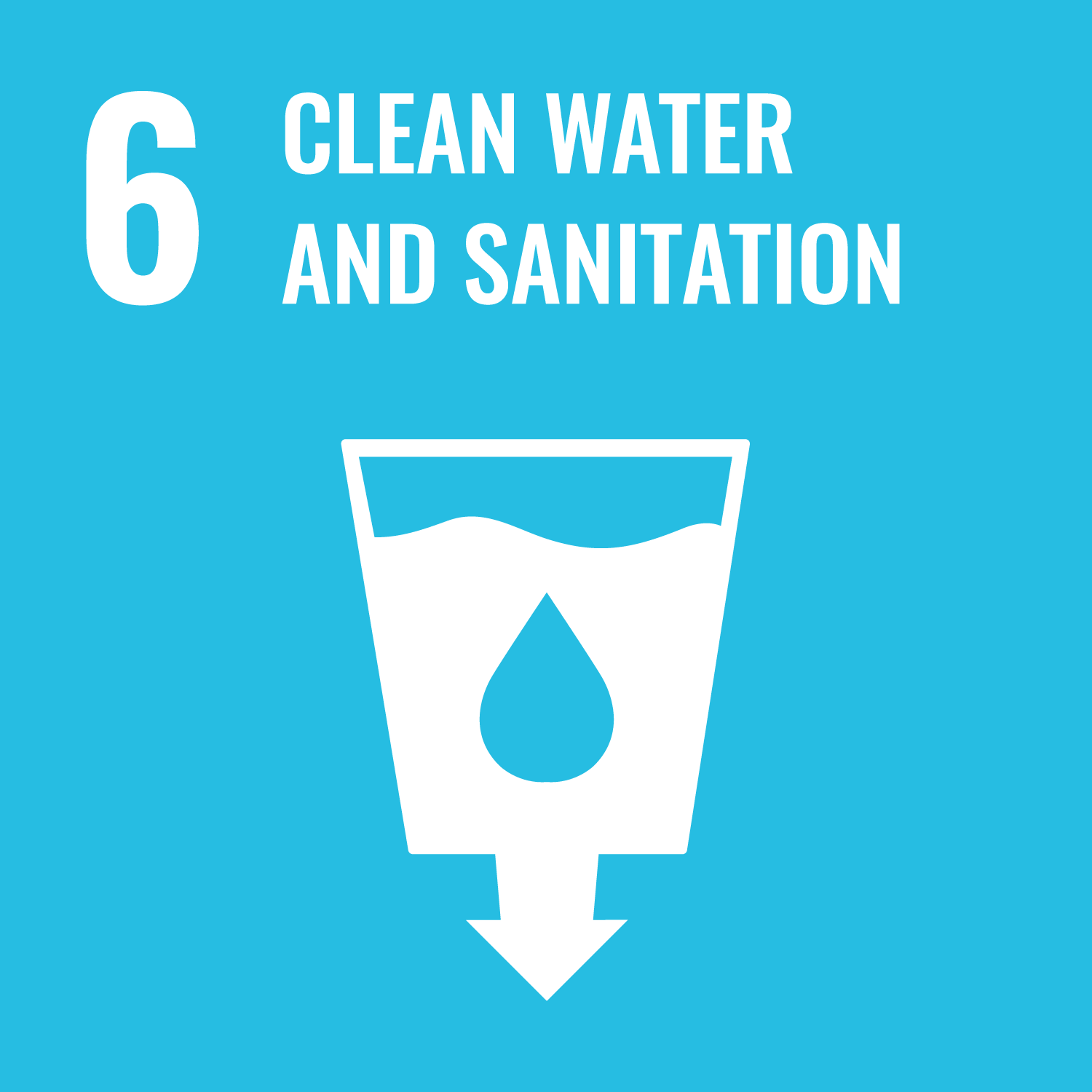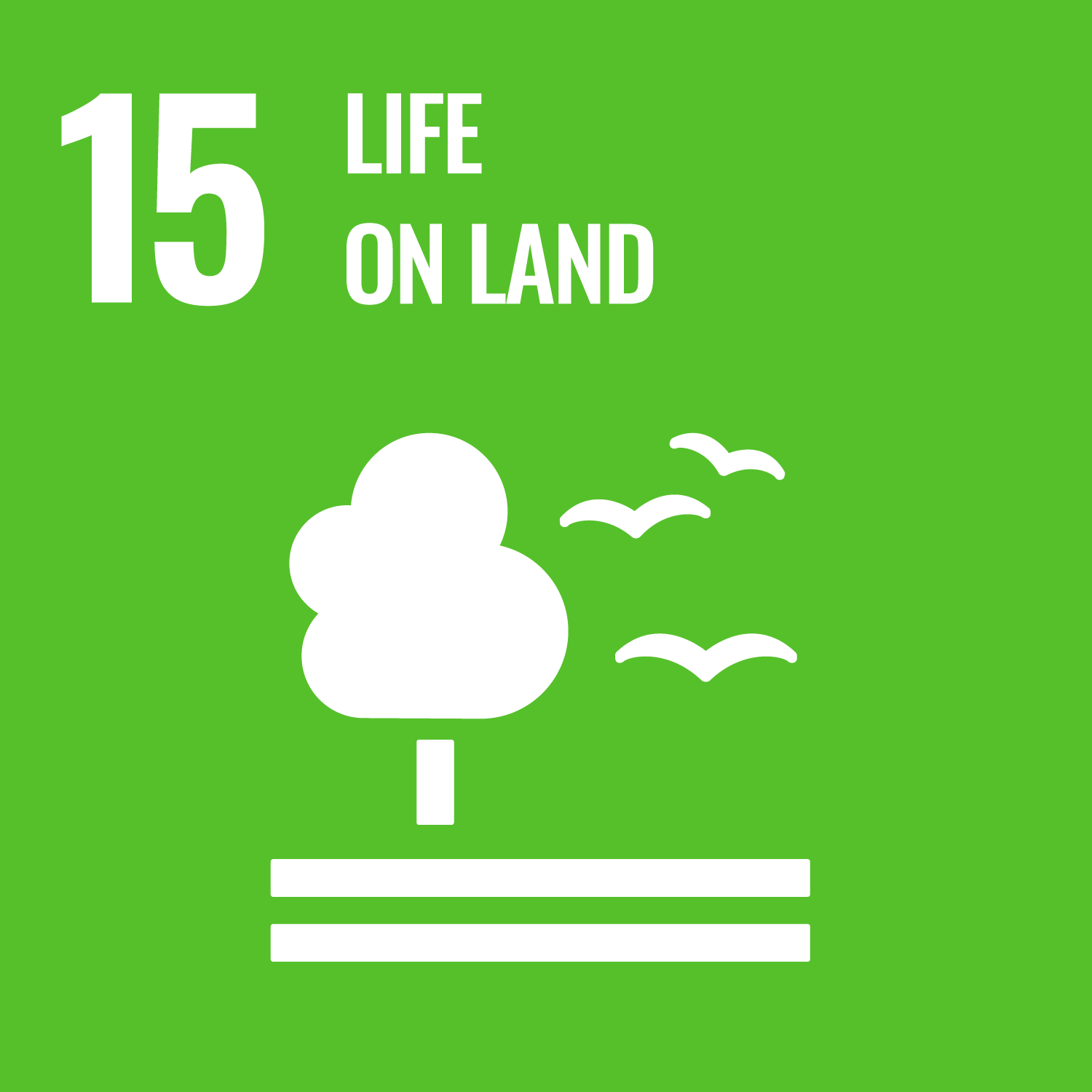From the food that is grown and produced on campus, to supplying the Spartan community with healthy and locally sourced products, and using innovation and education to reduce food waste, Spartans are committed to fostering a robust and sustainable food system. The MSU community works to solve a diverse number of agricultural challenges to promote and support sustainable food systems locally, regionally and globally in alignment with the U.N. Sustainable Development Goals.





Food Security
Through research, education, outreach and partnerships, MSU strengthens food security both locally and globally.
Local
On-campus interventions and local programs detailed below help support students and employees that may experience food insecurity.
The MSU Student Food Bank, founded in 1993, was the nation's first student run student bank and is a founding member of the College and University Food Bank Alliance. The MSU Student Food Bank supports students who are dealing with food insecurity. MSU undergraduate, graduate and professional students who do not have an MSU dining plan and are enrolled in courses in fall or spring semester are eligible to use the Student Food Bank. The food bank always has vegetables, fruits, soups, pasta or rice, at least one protein, cereal and other items available at a distribution. The food bank serves over 6,000 students each year, distributing over 110,000 lbs of food.
The 1855 Place Community Garden was established by students for residents of the 1855 Place Apartments. The garden cultivates individual growth and neighborhood unity while also offering youth gardening education. The community garden plays an important role in providing spaces for students and their families to grow their own food, increasing their access to healthy foods. It also promotes a sense of community belonging and an opportunity for residents to be physically active.
The Greater Lansing Food Bank (GLFB) is a non-profit organization that provides emergency food to individuals and families in need throughout mid-Michigan. The GLFB works with over 140 partner agencies, including the MSU Student Food Bank, to serve anyone in need of food. MSU students and employees can access food pantries affiliated with the GLFB in addition to programs such as the GLFB Garden Project, which provides home and community garden support for low-to-moderate income residents to help promote community building, healthy eating, and self-sufficiency.
MSU has begun collecting data about student food security at MSU. In 2018, the Nourishing Success Survey was administered. Furthermore, MSU biennially administers the National College Health Assessment (NCHA) Survey, which began collecting information about student food security in 2020. Results can be found on pages 92-93 of the 2020 NCHA report.
Regional
MSU Extension plays a critical role in addressing food security throughout the state, with educators located across Michigan's 83 counties. In 2021, over 342,000 adults and youth participated in MSU Extension virtual nutrition education programming, including ensuring food security for vulnerable populations. MSU students and employees may be eligible to participate in Extenson-run programs such as the Expanded Food & Nutrition Education Program or the Supplemental Nutrition Assistance Education Program.
The MSU Extension Master Gardeners Program is a horticulture education and volunteer leader training program. Trained gardeners educate others in their communities about environmentally and economically sound practices through horticulture-based volunteer activities. Master Gardeners are supporting the Giving Garden, located in Kalamazoo, to provide fresh produce to residents that are food insecure.
The MSU Center for Regional Food Systems works to develop economically-thriving, equitable communities through regionally-rooted food systems. For over a decade, the center's applied research, education, and outreach have focused on systems that produce healthy, green, fair, and affordable food. The Center is a key coordinator of the Michigan Good Food Charter, and in 2021 received a $500,000 grant from the Michigan Health Endowment Fund to help Michigan communities address food insecurity.
Global
Globally, the Food Security Group conducts collaborative research, working actively with local partners to engage in policy analysis, advising, and capacity building on issues of food security and nutrition. Part of the Department of Agricultural, Food and Resources Economics, the Food Security Group has attracted over $112 millions in grants since 1983 and leads the Innovation Lab for Food Security Policy with partners International Food Policy Research Institute and University of Pretoria.
Sustainable, Healthy and Affordable Foods at MSU
MSU Culinary Services is committed to the Triple Bottom Line and implements initiatives that to provide healthy and sustainable foods, reduce costs, limit waste and decrease energy and water consumption. In addition, the department helps students and team members advance their passion for social responsibility. Learn about sustainable and affordable food options on campus and how MSU procures local and sustainable foods using the MSU Sustainable Procurement Guide.
Sustainable and Healthy Food on Campus
All residential dining halls on campus offer complete vegan or vegetarian meals daily, and each neighborhood has dedicated dining venues that offer low impact, vegetarian, vegan, and plant-based options such as "Veg Out" at Brody Square, Holmes Hall and Case Hall. Look for the menu signs at the points of service or through MSUtrition (msutrition.rhs.msu.edu/NetNutrition). MSUtrition, an online tool, allows diners to filter our menu options by allergens and dietary preferences and view ingredients and nutrition information for items.

